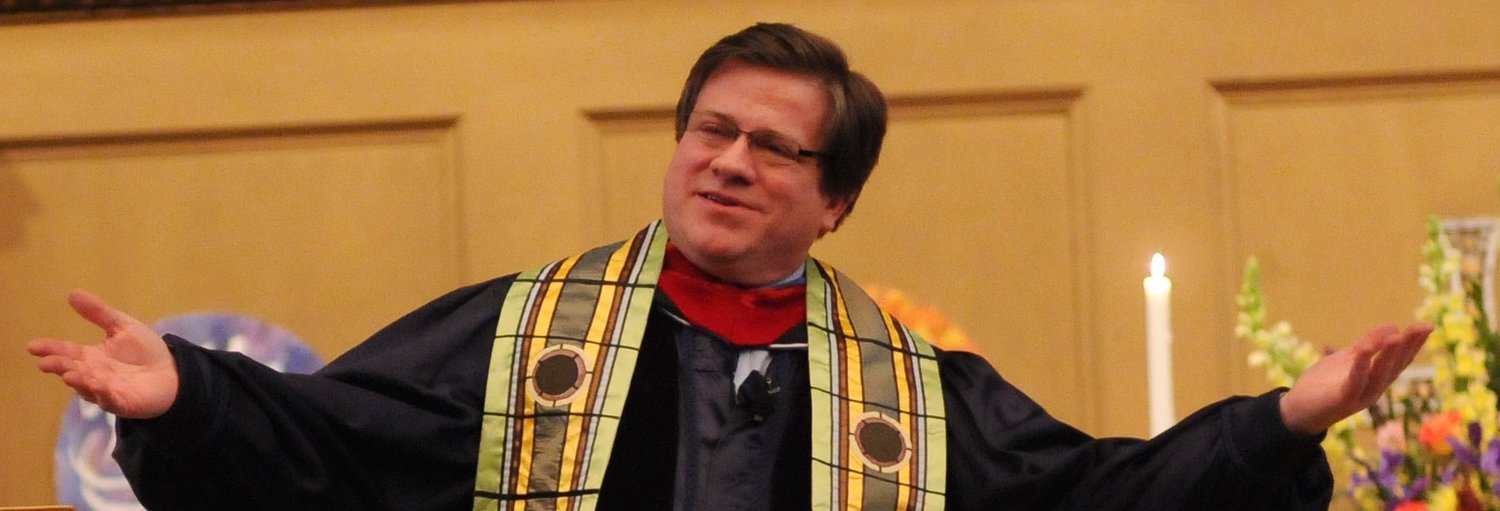For the Inward Journey, Day Forty-Four (Maundy Thursday)
Creatures of Pain and Hurt
We're buffeted about by so rich a variety of circumstances that it is often very difficult for us to find our own ways. We are creatures of pain and hurt, of joy and ecstasy, of despair and hope. All around us we see great stretches of unrelieved human misery: hunger of body, with all the wasting away of the flesh that comes in its wake; upheaval of mind, with all the inward torture with which the skill of man finds no way to deal. We are surrounded by so much that casts doubt and so often so little that uplifts and inspires. And when we think about our own selves, each within the tight circle of his little life, the same picture presents itself. We have found you know satisfying answer for the pain of our lives.
At such a time as this, our Father, enveloped by the great quietness instilled by thy presence, we want to offer the part of us that is clear, unsullied, fresh, clean, unstained, and to hold back under the shadow of our own feelings the things that are tainted and painful and tragic.
Teach us, our Father, how we may be so worthy of our living experience, that we may even now offer to Thee our pain, our suffering, our miseries—all the stains of our lives, even as we offer to Thee our best. What a relief it is, oh God, to have somewhere to pour it all out. Our Father, our Father, accept us totally.
(For the Inward Journey: the writings of Howard Thurman.
Selected by Anne Spencer Thurman. pages 291-292
Originally published in The Centering Moment)
On the evening of Maundy Thursday, I have long had the practice of a quiet service of remembrance with the lighting and extinguishing of candles, somber and soulful music, recounting the story of Jesus on the night of his betrayal and arrest, and the institution of the Lord’s Supper. Most importantly, we reflect on the mandate given by Jesus before his death: “A new commandment I give you, that you love one another.”
For me, this must always be connected with family. My mother and father were often deacons of our little United Church of Christ congregation. They would arrive early to set up the tables at the center of the worship space in the form of a cross. They’d put on the white paper table coverings, and place a votive candle at the seat of each reader. They’d prepare the little glasses of grape juice, and, on many occasions, the little loaf of bread that my father had baked.
I would be singing, of course. First in the Junior Choir, and later in the Senior Choir, and even later, conducting the choirs and coaching soloists. At the end of the service, which would conclude in darkness and silence, we would stay around to clean up. To wash the little grape juice glasses and all the plates that had been used; to put away the candles and throw away the paper coverings; to take down the tables and stow them away; to take a dry mop to the room and turn off the lights.
Many years later, it was my great joy in Baltimore to lead an Agape Feast (Love Feast) on low tables in the Chancel of First Unitarian Church of Baltimore. There we would sit before the celebrated Tiffany mosaic of the Last Supper. The table would be spread with Middle Eastern food: stuffed grape leaves, olives and feta cheese, pita bread and hummus. We’d share some wine and sparkling water, and tell the Jesus story. We’d read a little poetry, and depend on one or another of the gospel accounts of that last meal, what seems to resemble a Greco-Roman tribute meal between students and an honored teacher. We’d share our thoughts about the “big questions” about what it means to be people of faith, where our notions came from and how it is we live lives of morality, ethics and purpose.
We’d have a fuller meal, usually roasted chicken and rice with vegetables and a salad. And again, we’d tell the story of that last night of Jesus. We’d allow ourselves a chance to feel the pathos of the moment, in part to understand the pain and hurt of Jesus and the ones who loved him, and who would be separated from him and each other by the forces of empire. And maybe to recognize in our own heart-minds and lives that new empires abound that would separate us from each other, from the earth from which we emerge, and even from our best thoughts about the ways we live our lives. With art and symbol, word and music, and noticing our breath, we are made whole.
This is what our Lenten practice has been leading to, this moment of the bleakest of the bleak, and the promise of the restoration of all that is good. I will enter this weekend informed by a lifetime of candle lighting and extinguishing, by being with co-religionists and family, by taking time to honor my own thoughts and hurts and hopes, and by watching the sunrise on Easter and hearing assurances of the goodness of the full-circle of life, even my own life.
